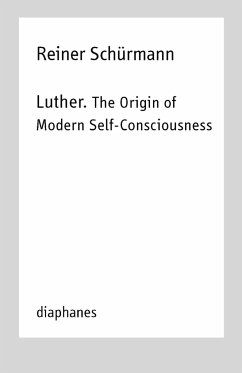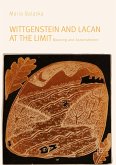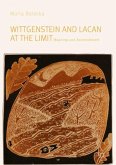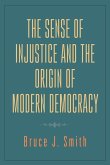What has been the specifically modern function of self-consciousness? Why speak of rise or origin? It would obviously be absurd to claim that before Luther, Descartes or Kant, people had no self-consciousness. Yet in pre-modern cultures self-consciousness has not fulfilled the systematic role that it has come to play since then. In this lecture Schuermann traces its rise of in its modern form and function, i.e. as the subjective reference point before which every object must appear to qualify as a phenomenon. As opposed to earlier conceptions, self-consciousness in its modern version rules over its contents, it imposes a regime on being. This transcendental turn is studied in Luther whose Copernican reversal in the way of thinking is less well known than the foundational character of both the Cartesian "cogito" and Kantian "apperception."
First of 29 volumes of Reiner Schuermann's so far unpublished lecture notes. Starting with Parmenides (Vol. 1) up to Contemporary French Philosophy (Vol. 29) Schuermann offers a unique reading of the history of western thought and action as a series of eras governed by the rise and fall of certain dominating concepts that contained the seeds of their own destruction.
First of 29 volumes of Reiner Schuermann's so far unpublished lecture notes. Starting with Parmenides (Vol. 1) up to Contemporary French Philosophy (Vol. 29) Schuermann offers a unique reading of the history of western thought and action as a series of eras governed by the rise and fall of certain dominating concepts that contained the seeds of their own destruction.








